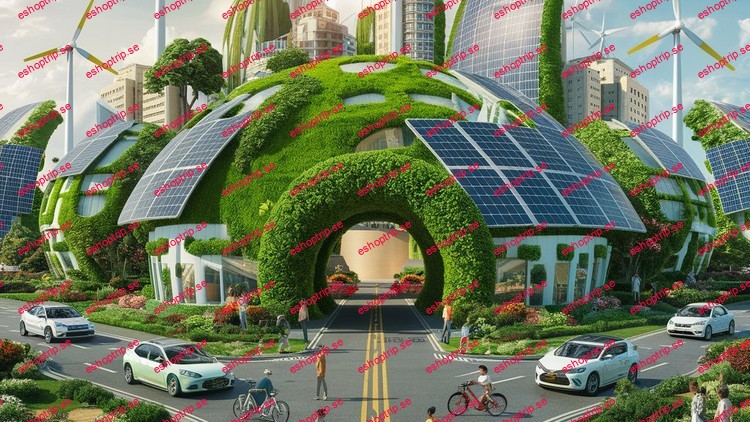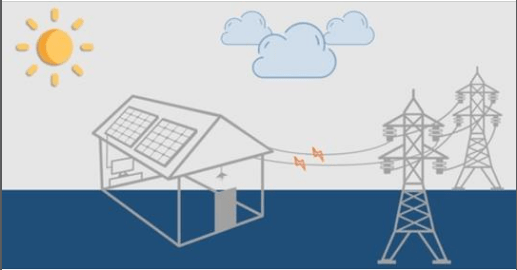Published 7/2024
Created by Steven Khor, MIA, MIM, CFP, MBA,BA
MP4 | Video: h264, 1280×720 | Audio: AAC, 44.1 KHz, 2 Ch
Genre: eLearning | Language: English | Duration: 16 Lectures ( 2h 12m ) | Size: 2.57 GB
Explore Opportunities Available in Green Economy. Be Prepared for New Economy.
What you’ll learn:
Understand the foundational principles of green economics.
Learn about sustainable development and its economic implications.
Analyze the role of public policy in promoting sustainability.
Explore the economic impact of environmental issues.
Apply green economic principles to various sectors, such as energy, agriculture, and transportation.
Requirements:
You will learn everything about Green Economics
Description:
Green Economics is an economic philosophy that emphasizes the necessity of aligning economic practices with ecological sustainability and social equity. It aims to address the interconnected crises of environmental degradation, resource depletion, and social inequality by rethinking traditional economic models and promoting practices that foster a harmonious relationship between the economy, society, and the natural world.Green economics presents numerous opportunities across various sectors, promoting sustainability, innovation, and equity. Economic OpportunitiesJob Creation: The green economy can generate a vast number of new jobs in renewable energy, energy efficiency, sustainable agriculture, and environmental conservation. Sectors like solar, wind, and bioenergy are rapidly growing and offer significant employment opportunities.Innovation and Technology: Green economics drives innovation in clean technologies and sustainable practices. Opportunities exist for developing and commercializing technologies such as solar panels, wind turbines, electric vehicles, energy storage systems, and sustainable materials.Circular Economy: Embracing a circular economy model opens up opportunities for businesses to innovate in recycling, refurbishing, and remanufacturing. This can reduce waste, lower costs, and create new revenue streams from previously discarded materials.Sustainable Finance: There is growing interest in sustainable finance and investment opportunities, including green bonds, impact investing, and socially responsible investing (SRI). Financial institutions can develop products that fund sustainable projects and businesses.Environmental OpportunitiesConservation and Restoration: Green economics emphasizes the protection and restoration of natural ecosystems. Opportunities exist in reforestation, wetland restoration, biodiversity conservation, and sustainable land management practices.Climate Mitigation and Adaptation: Implementing green economic practices can significantly contribute to climate change mitigation and adaptation. This includes reducing greenhouse gas emissions, enhancing carbon sequestration, and developing resilient infrastructure.Social OpportunitiesCommunity Empowerment: Green economics supports community-based initiatives that promote local sustainability and resilience. Opportunities arise in developing community energy projects, local food systems, and cooperative businesses that prioritize social and environmental goals.Equity and Inclusion: The green economy offers opportunities to address social inequities by ensuring that marginalized and vulnerable communities benefit from sustainable development. This includes creating inclusive policies and programs that provide access to green jobs, clean energy, and sustainable resources.Textbooks and Readings”The Economics of Sustainable Development” by Jeffrey D. Sachs”Green Economics: An Introduction to Theory, Policy, and Practice” by Molly Scott Cato
Who this course is for:
Anyone who wants to explore the opportunity of green economics
Homepage










